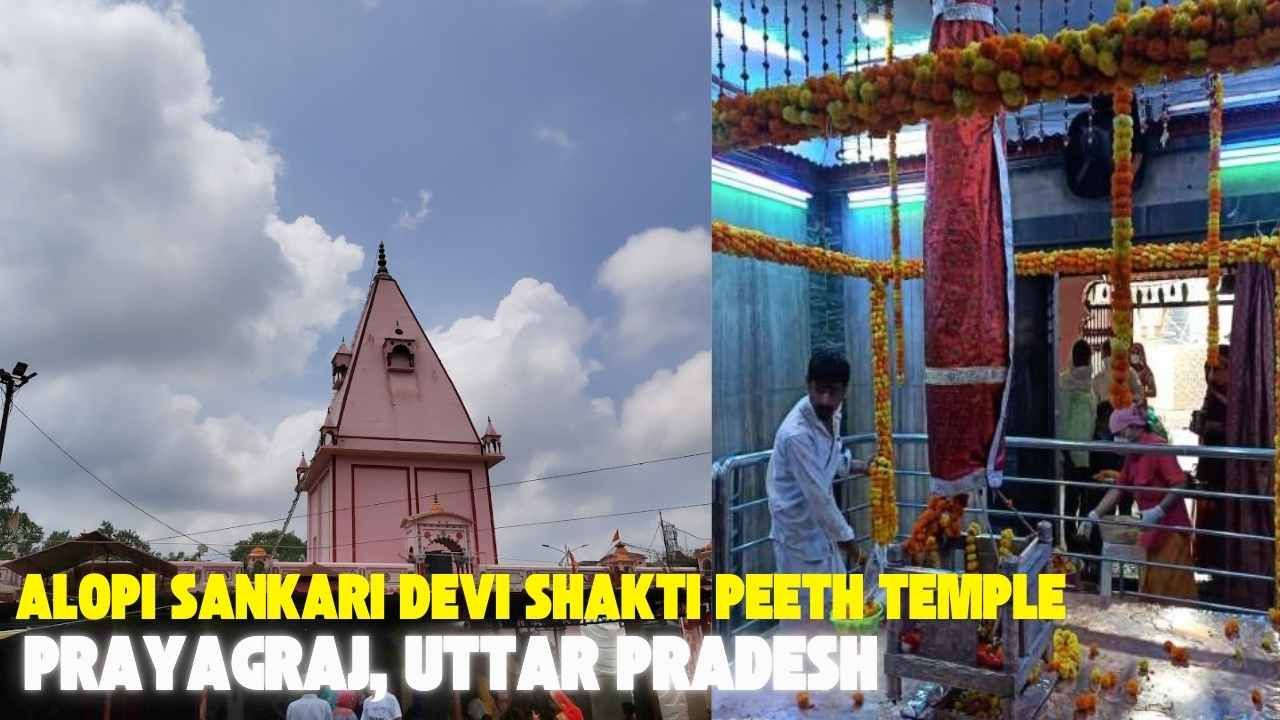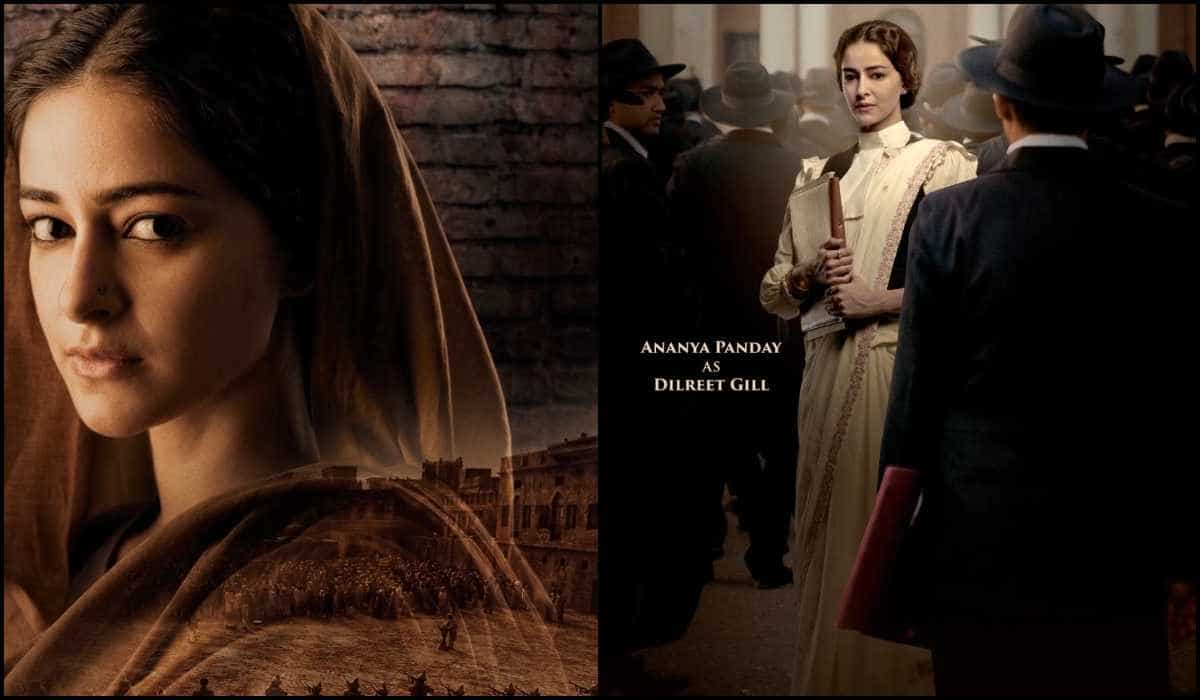
Fault lines: A Wknd interview with victimologist K Chockalingam
7 months ago | 98 Views
A lack of trust in the police and courts is a failing of the state and its people, says victimologist Kumaravelu Chockalingam.
The seeds of such faith should have been planted decades ago. “At least we must plant them today,” he adds.
As someone who has spent four decades trying to untangle corruption, perception and pure rule of law, Chockalingam, 79, has run up against the hurdle of public perception over and over. Indians, by and large, simply do not trust “the system”; the idea that justice will prevail is usually met with disbelief, a shrug or a laugh.
This is partly, of course, a reflection of the corruption, record-setting delays and flawed outcomes of our law-and-order systems.
But if India has a complicated relationship with its police forces and courts, it is also partly because they were established as instruments of foreign rule, and then used as tools of discrimination and subjugation for nearly a century. The first police stations were set up in colonial India in 1861. From curfews and arrests for “treason” to atrocities such as Jallianwala Bagh, the distrust has deep foundations.
Two key results of this are a police force that often doesn’t feel or act as if it serves the public, and a public whose outlook is that engagement with the cops and courts is best avoided.
This foundational distrust is something India shares with every other former colony or apartheid state, from Kenya to the US. It is an outlook Chockalingam didn’t think to question either, growing up with six siblings in Kanyakumari, the son of a pharmacist and a homemaker.
Then he got a Master’s in criminology, and spent years studying the socio-economic backgrounds of habitual offenders, for a PhD.
He became intrigued by what drew certain people to crime, and began teaching this relatively new subject — criminology — at the National Institute of Social Defence, in 1978.
Five years later, he was appointed head of the new department of criminology at University of Madras, one of the first in India. It was around this time that he began to study victimology.
Could this be the answer? For a system to work, it had to have the trust and participation of its people. What better way to build that trust than by having that system reach out to the individual in a truly troubled time and say: How can we help?
***
“In India, back then, we had just begun the scientific study of what causes crime, and its prevention. Amid this, we noticed that we had completely neglected the victim,” he says. “The victim of a crime in India is still largely viewed as a witness, with few safeguards in place to protect their interests.”
Rather than “How can we help”, they are generally asked, “How did this happen?” What were you doing? Where were you going? Were the doors and windows locked? Do you know him? Does he know you?
In a sense, this places us at square one in this field. This is, more or less, how “victimology” began. The term was coined by French-Israeli defence lawyer Benjamin Mendelsohn in 1947, to describe the study of how the victim “contributed” to a criminal event.
By 1958, the victim was squarely being blamed. American sociologist and criminologist Marvin Wolfgang put forth the “victim precipitation theory”, which suggested that the reason a specific criminal chose a certain target could be said to hinge on actions and behaviours on both sides.
The theory was applied most liberally in cases involving rape and sexual assault. And this is where things began to turn. Amid the feminist movement of the 1970s and ’80s, the victim precipitation theory began to be challenged (though it has, of course, by no means been jettisoned).
***
As the wheel turned on victimology, countries ranging from the US, Canada and New Zealand to Switzerland, Japan and Cuba began reviewing their definitions and approaches. Compensation policies began to be framed.
In the Netherlands, as soon as a crime was reported, depending on the severity, voluntary organisations began to show up to help. “Victims of different kinds have different needs. In a case of rape, they might need counselling and immediate emotional assistance, whereas in a case of burglary, they would need help filing their insurance and figuring out how they can be compensated for the loss,” Chockalingam says.
In Japan, interesting provisions were being introduced that weren’t in place anywhere else in the world. “One that stood out was the provision to relocate a person who believed they were in danger if they continued to live or work where a crime against them had occurred,” he says.
In 1973, meanwhile, the World Society of Victimology (WSV), a global research and advocacy body, had been set up by stakeholders including lawyers, scholars and researchers. “Reading about all these developments made me realise that justice did not end at punishing the offender. It made me question how a person who had suffered a crime was actually being assisted in the aftermath,” Chockalingam says.
In 1992, he founded the Indian Society of Victimology (ISV), to advocate for the rights of victims of violent crimes in India, and to facilitate research in the field. By 2015, he was serving as the first Indian vice-president of WSV.
Now, in a full-circle moment, Chockalingam has become the first Indian recipient of the Hans von Hentig Award, conferred by WSV. The prestigious prize is handed out once every three years, in recognition of outstanding scholarship, leadership and service in the field, and will be conferred on him this week.
“Your professional competence and unwavering dedication have been invaluable to the discipline of Victimology,” WSV president Janice Joseph wrote in her congratulatory letter.
***
What has his contribution looked like?
Perhaps the most visible manifestation were the women-only buses introduced in Madras over 30 years ago.
At an ISV conference in the early ’90s, Chockalingam and his doctoral student, Annie Vijaya (now a deputy inspector general of police in Vellore), presented a paper on sexual harassment in Madras’s public buses. “Over 63% of the women interviewed said they had been subjected to such harassment,” Chockalingam says.
The presentation caught the eye of the Pallavan Transport Corporation (now the Metropolitan Transport Corporation (Chennai)), and the government of Tamil Nadu approached him to discuss the problem and possible solutions.
“I said the long-term solution was to educate men on how to conduct themselves in public and how to interact with women. But that was not something we could achieve overnight.” So he suggested minimising contact within the bus system, by starting women-only buses during peak hours.
The buses were launched in 1992, and ran for a year. “This was a very good initiative, but it didn’t last very long because of changes in the department,” he says.
At the time, Chockalingam also began to advocate for the setting up of a victim assistance fund, which was eventually established by the government of Tamil Nadu in 1995. In 1996, ISV prepared a draft bill on assistance to victims of crimes, in association with National Law School, Bengaluru, and the National Human Rights Commission of India. In one of those long waits that so damages the public’s trust in institutions, the bill has not yet been tabled in Parliament.
The system should work faster, with the certainty and swiftness of punishment, Chockalingam says.
“The long-range solution for our society is the education that will create a culture of lawfulness,” he adds. “These kinds of changes take a long time, but that’s why the seeds must be planted now.”
For the moment, he is proud of the seeds that have borne fruit, he admits. So are his wife Dr Vijayalakshmi Chockalingam, 76, a retired anaesthesiologist; and their two children, C Raj Kumar, founding vice-chancellor of OP Jindal Global University, and Dr Ravi Kumar, a psychiatrist based in the US.
“They are all quite excited about this award,” he says, speaking from his home in Kanyakumari. “They know how much the organisation, the field and the work have meant to me.”





















